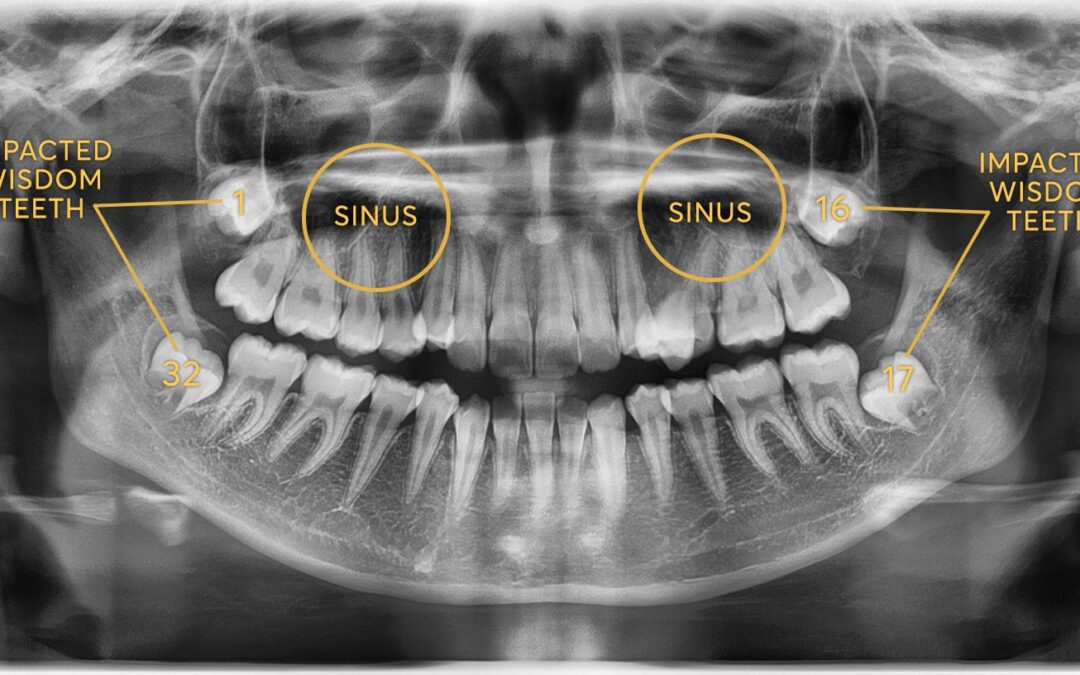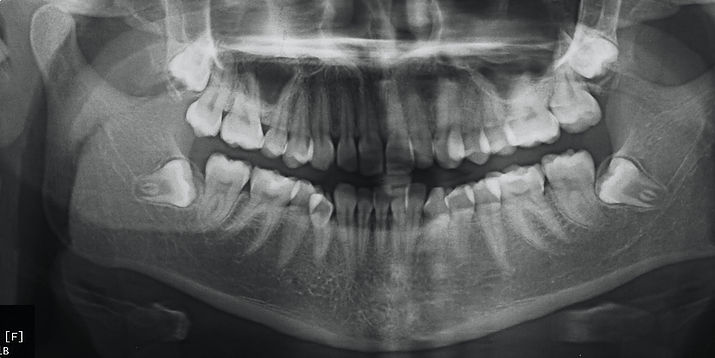Your Guide to Wisdom Teeth Removal Aspendale Procedures
Your Guide to Wisdom Teeth Removal Aspendale Procedures
Blog Article
Discovering Various Sedation Options for a Comfy Knowledge Pearly Whites Removal Experience

Regional Anesthetic
Local anesthesia is a frequently made use of approach for numbing specific areas of the mouth during wisdom teeth extraction procedures. By administering an anesthetic, such as lidocaine, a dental practitioner can ensure that the client stays comfortable and pain-free throughout the extraction procedure. Neighborhood anesthetic jobs by briefly obstructing the nerves in the mouth, avoiding them from sending pain signals to the brain. This allows the dental professional to do the extraction without causing any type of discomfort to the patient.
One of the primary benefits of regional anesthesia is its targeted numbing result, which indicates that only the specific location being treated is affected. This local method minimizes the threat of systemic side impacts and enables a quicker recuperation post-procedure. wisdom teeth removal aspendale. Furthermore, local anesthetic is taken into consideration to be a regular and secure practice in dental care, with very little risks entailed when administered by a qualified professional
Laughing Gas

Furthermore, nitrous oxide is known for its rapid healing time. When the mask is removed, the effects of the gas put on off swiftly, enabling patients to resume their regular tasks without sticking around sedative impacts. This makes nitrous oxide a convenient selection for those who need to drive themselves home after the oral visit. Furthermore, laughing gas appropriates for clients of every ages, making it a functional sedation alternative for wisdom teeth removals and other oral procedures.
Dental Sedation

One of the primary advantages of dental sedation is its simplicity of administration. Unlike intravenous sedation, dental sedation does not need injections or needles, making it an extra comfy choice for a fantastic read individuals with an anxiety of needles. In addition, oral sedation is considered secure and efficient when carried out by qualified dental specialists. Nevertheless, it is essential for patients to follow pre-operative guidelines supplied by their dental expert, such as avoiding consuming alcohol or consuming before the treatment to ensure the sedative drug works as planned.
IV Sedation
Carried out intravenously by trained physician, IV sedation is an effective approach used to induce a controlled state of deep leisure and unfamiliarity during dental procedures. Unlike dental sedation, which can be uncertain in its results, IV sedation allows for accurate control over the degree of sedation, making it an ideal option go now for complicated treatments like knowledge teeth removals.
Throughout IV sedation, a sedative drug is delivered directly into the bloodstream with a capillary, permitting it to take result quickly and efficiently. This technique makes sure that the person remains comfortable and uninformed of the treatment while still keeping important functions such as breathing and heart rate.
One of the main benefits of IV sedation is its capability to give a much deeper degree of sedation contrasted to various other approaches, making it particularly suitable for clients with high degrees of anxiousness or those undergoing comprehensive dental work. Furthermore, the impacts of IV sedation normally diminish slowly after the procedure, decreasing the possibility of grogginess or lingering negative effects. In general, IV sedation provides a efficient and risk-free option for ensuring a comfy and trouble-free experience during knowledge teeth extraction.
General Anesthesia
Having actually gone over the benefits of IV sedation for wisdom teeth extraction, the application of general anesthesia gives an alternate option for individuals requiring a much deeper level of unfamiliarity during dental procedures. General anesthesia causes a controlled state of unfamiliarity, guaranteeing the person feels no discomfort or discomfort throughout the extraction procedure. This method is specifically helpful for individuals with serious dental anxiousness, complicated medical needs, or those undertaking several removals all at once.
General anesthesia is carried out by a qualified anesthesiologist that closely checks the client's essential indications throughout the treatment. It involves the usage of intravenous medications or inhaled gases to generate a state of unconsciousness. While under basic anesthetic, the client will certainly not be aware of the surgical treatment, experience any discomfort, or have any kind of you could check here recollection of the procedure later.
Although basic anesthesia is risk-free when carried out by qualified experts, it lugs a slightly greater danger contrasted to various other sedation options. wisdom teeth removal aspendale. Individuals taking into consideration basic anesthesia for wisdom teeth extraction must review the potential risks and benefits with their dental practitioner or dental cosmetic surgeon to make an educated choice based on their private needs and clinical background
Conclusion
In final thought, different sedation options are available to make certain a comfy wisdom teeth extraction experience. Oral sedation and IV sedation deal much deeper levels of relaxation, depending on the patient's demands.
Nitrous oxide is ideal for individuals of all ages, making it a flexible sedation option for knowledge teeth removals and other oral procedures.
Unlike intravenous sedation, oral sedation does not need needles or injections, making it an extra comfy option for people with a concern of needles.One of the primary advantages of IV sedation is its ability to provide a much deeper level of sedation contrasted to other approaches, making it especially suitable for individuals with high levels of anxiousness or those undergoing comprehensive dental work.Having actually discussed the advantages of IV sedation for knowledge teeth extraction, the application of general anesthetic offers a different option for people needing a much deeper level of unfamiliarity throughout dental treatments. Oral sedation and IV sedation offer much deeper levels of leisure, depending on the patient's requirements.
Report this page